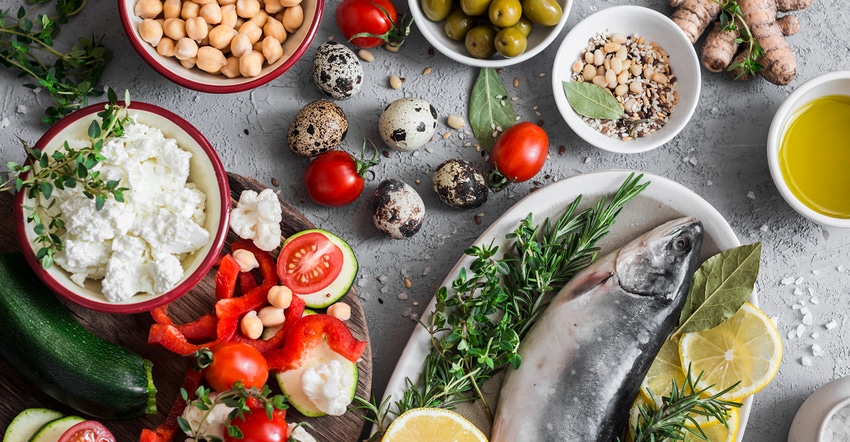5@5: Value of dietary guidelines questioned | Low-dose UV light supports cleanliness
Each day at 5 p.m. we collect the five top food and supplement headlines of the day, making it easy for you to catch up on today's most important natural products industry news.
June 17, 2020

Dietary guidelines up for renewal again, but what good do they do?
The 2020 Dietary Guidelines Committee is preparing its draft advisory report. But Sarah Reinhardt, a food systems analyst for the Union of Concerned Scientists, says the science-based document doesn't address diet-related health problems—in part because the federal government doesn't put any funding behind them. For example, since 2000, the number of obese Americans has risen to 42.4% from 30.5%, and severe obesity increased to 9.2% from 4.7%. Read more at Food Safety News…
Low-dose UV light might help keep stores and restaurants clean—and open
A deep clean of your restaurant or retail store is effective only until the next person walks in. But Columbia University has developed a light that continuously showers your establishment with far-UVC, low doses of ultraviolet radiation. New York City's Magnolia Bakery has installed the system in its production facility as well as in two of its retail stores. "It's just another layer of safety," said Chief Operating Officer Bobbie Lloyd. Read more at Civil Eats…
Wisconsin chef Adrian Lipscombe kicks off initiative to preserve black farmers' traditions, knowledge
La Crosse, Wisconsin, chef Adrian Lipscombe grew up celebrating Juneteenth in her native Texas. This year, she is raising money to launch her 40 Acres and a Mule Project with the goal of educating people on black agricultural traditions and preserving black farmers' knowledge. The project will be developed in an area of southwestern Wisconsin that is known for organic farming. Read more at Food and Wine…
Excessive farm relief payments could trigger retaliation from trading partners
The relief payments that farmers received because of President Donald Trump's trade was and the COVID-19 crisis probably exceeded subsidy caps set under an international trade agreement. And that could trigger retaliation from other trading partners. The agreement sets the federal farm spending limit at $19.1 billion, but the U.S. has given farmers $34 billion. Instead of pay farmers, Congress should consider assisting farm workers and food processors—as well as black farmers—because that spending would not count against the cap. Read more at EWG.org…
New Jersey adds climate change education to multiple subjects in K-12 curricula
Beginning with the 2021-22 school year, public school students throughout New Jersey will being studying climate change across seven subjects: health, science, social studies, technology, arts, world languages and 21st century life. The state's Department of Education says the new curriculum will provide students the chance to understand the science behind climate change and explore possible solutions. Read more at Treehugger.com…
You May Also Like


